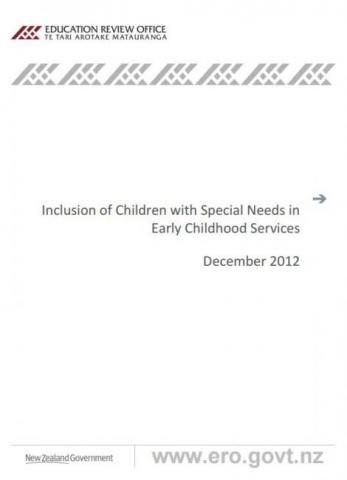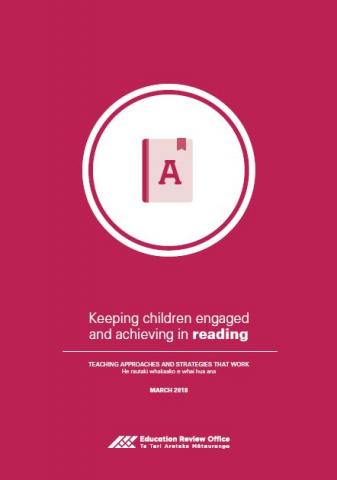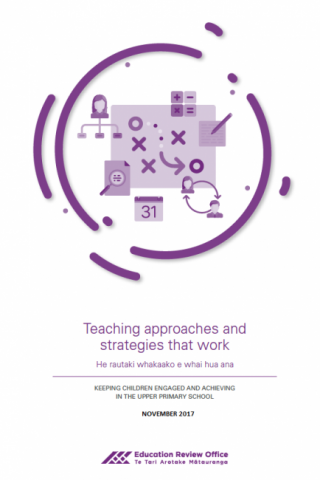Inclusion of Children with Special Needs in Early Childhood Services
Published: 11 Dec 2015
This national report presents the findings of ERO's recent evaluation of how well early childhood services include children with moderate to severe special needs. This evaluation supports the Government's priority for every child to have the opportunity to participate in early childhood education (ECE).
- Audience:
- Education
- Māori-medium
- Parents
- Schools
- Content type:
- Research
- Topics:
- Special education
- Education Support Workers
- Disability action groups



